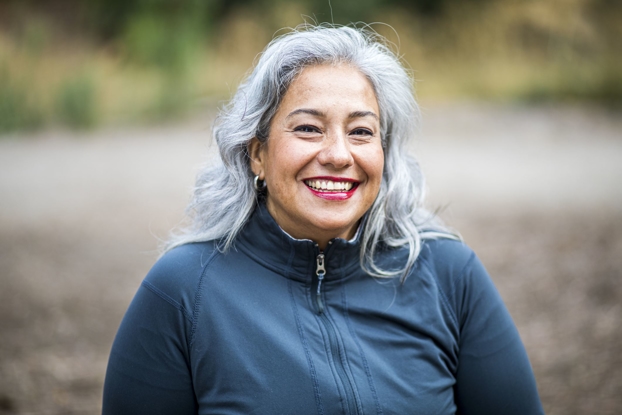Ending the HIV Epidemic Is Within Our Reach
- Category: Living Well
- Posted On:
- Written By: Dr. Lauren Richey & Kristen Darbyshire

In June, the world marked 40 years since the first reported AIDS case. While there has been tremendous progress in treatment, work remains to end the epidemic. Ending the Epidemic: Equitable Access, Everyone’s Voice is the theme for both the 33rd annual World AIDS Day, observed on December 1, and the 8th annual NOLA HIV Awareness Week, observed November 28-December 4.
What does ending the epidemic mean? It means that we have the tools now to end HIV/AIDS through prevention, early diagnosis, and treatment.
More than one million people in the U.S. have HIV, also known as the human immunodeficiency virus, which leads to acquired Immunodeficiency syndrome (AIDS) if left untreated. The New Orleans metropolitan area has the highest number of persons living with HIV/AIDS in Louisiana at 8,642.
In 2019, the Department of Health and Human Services launched a 10-year initiative called Ending the HIV Epidemic in the United States. The goal is to reduce the number of new HIV infections in the U.S. to fewer than 3,000 per year by 2030 through four key strategies: Diagnose, Treat, Prevent, and Respond.
Know your status
A key message is that everyone should know their HIV status. One out of every seven people living with HIV are unaware of their status. Once they are aware, they then can take steps to address their health and to prevent transmission to others. Everyone should know their HIV status.
Prevent new infections
We can prevent new HIV transmissions by using proven interventions, including condom use, regular screening, and routine testing. We also now have an effective medication for reducing the risk of infection. PrEP is a daily pill that reduces the risk of getting HIV by 99% if taken as prescribed, according to the Centers for Disease Control and Prevention. Most insurance covers PrEP and most primary care providers can prescribe PrEP. However, it is estimated that only one out of every four people that would benefit from PrEP in fact use it. Under the Ending the Epidemic Initiative, HHS launched a nationwide program called Ready, Set, PrEP to expand access and to provide PrEP medications at no cost to individuals who qualify.
Treatment options
People living with HIV are usually prescribed antiretroviral therapy (ART) as soon as possible after diagnosis. People who take HIV medication daily as prescribed can achieve viral suppression and have nearly the same life expectancy as someone who does not have HIV. Someone who has achieved and maintains durable viral suppression cannot sexually transmit the virus to others. This is sometimes called U=U (Undetectable equals Untransmittable). This is also referred to as treatment as prevention (TasP).
It is exciting to know that we can end the HIV Epidemic. With a targeted approach, it is within our reach.
University Medical Center’s HIV Outpatient Program (HOP), part of Infectious Disease vCare, provides comprehensive care for people living with HIV. We serve as their primary care provider and their HIV specialist. We offer other subspecialties for patients within the HIV Outpatient Program (HOP): psychiatry, psychology, pulmonology, palliative care, ophthalmology, dental, renal, nutrition, social services, health education, and medication assistance.
We also offer PrEP services for people who want to prevent getting HIV. If you would like more information on the HOP program at University Medical Center or to make an appointment, call 504.702.4344.
Lauren Richey, MD, MPH, FIDSA is the Medical Director of the HIV Outpatient Program and an Associate Professor of Medicine at LSU Health New Orleans
Kirsten Darbyshire, MBA, is manager of Grant Funding in the HIV Outpatient Program


